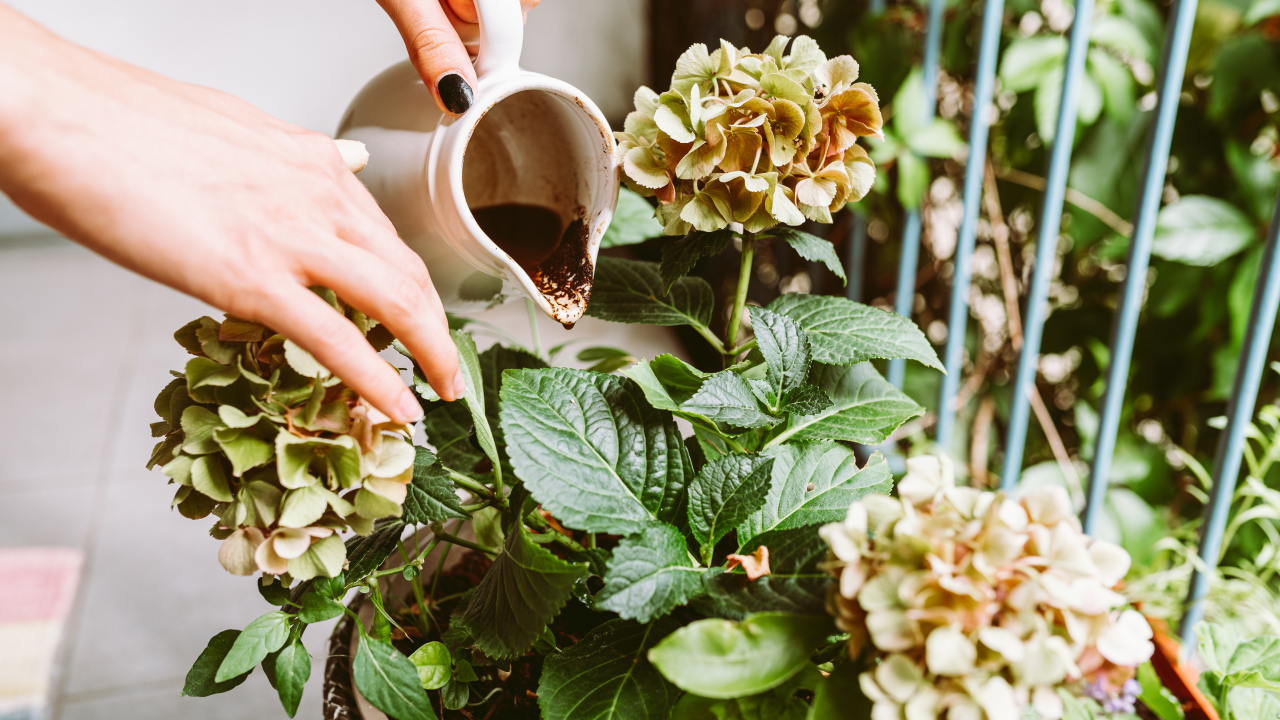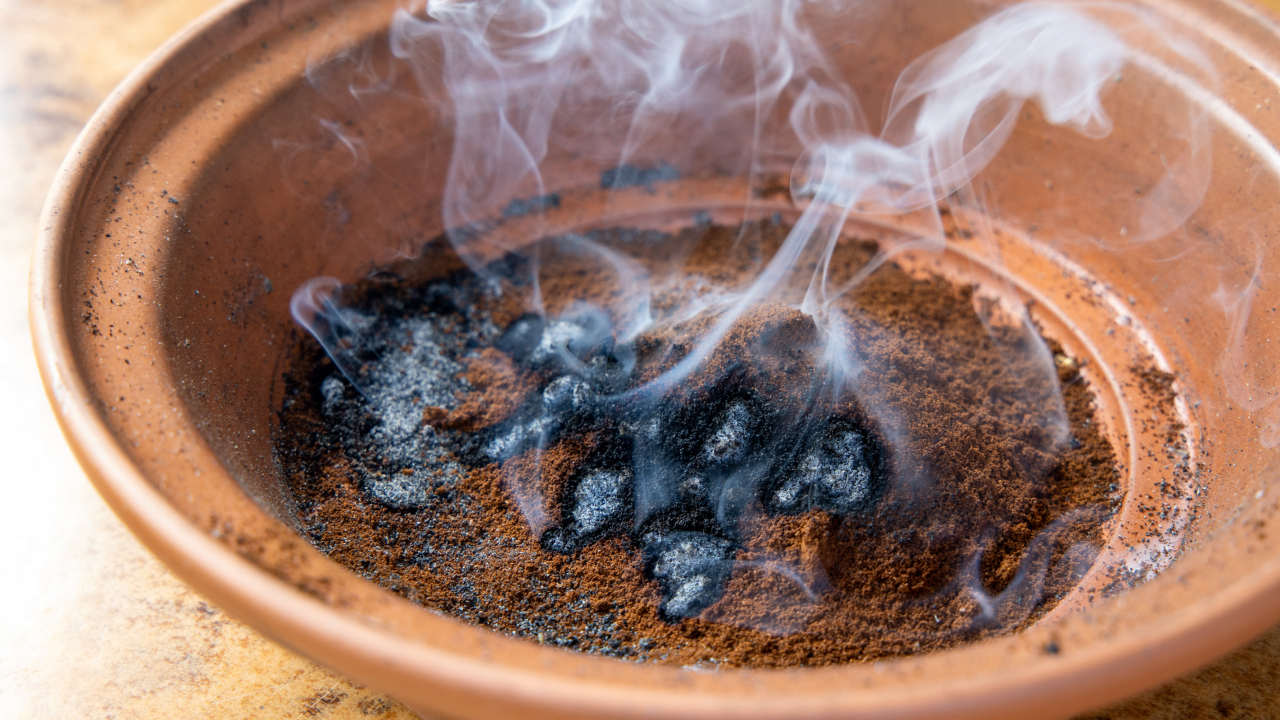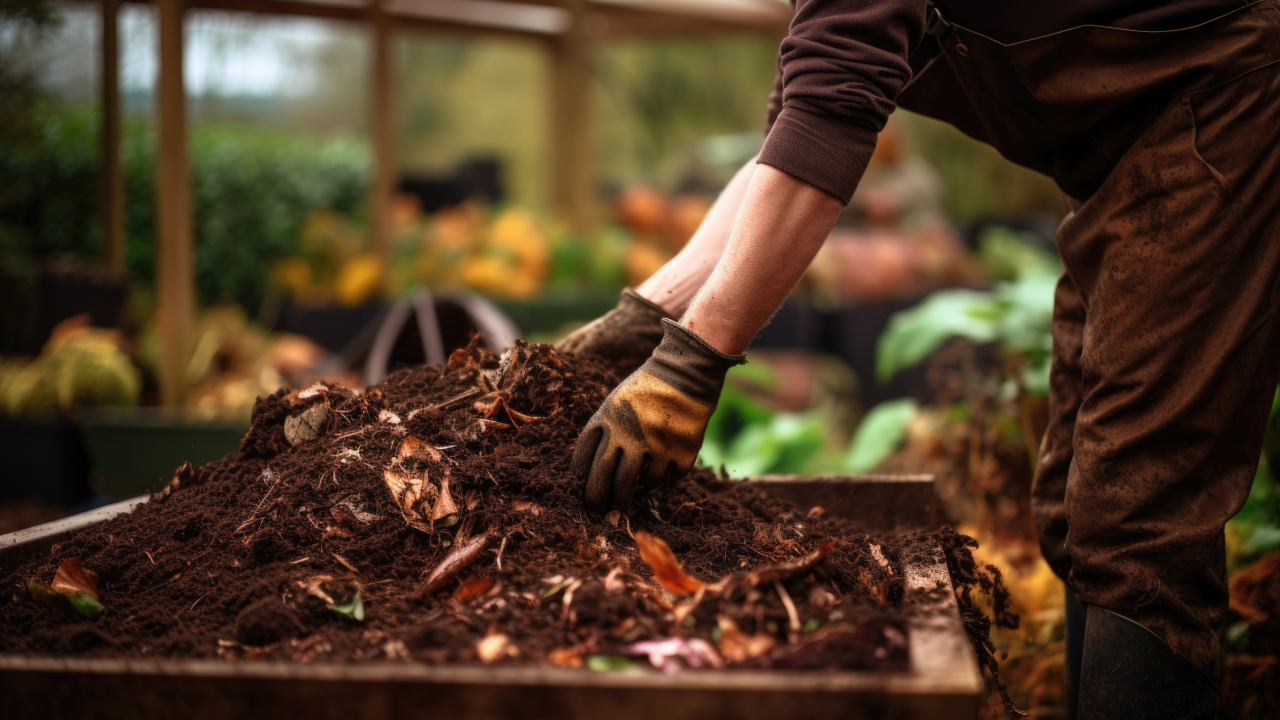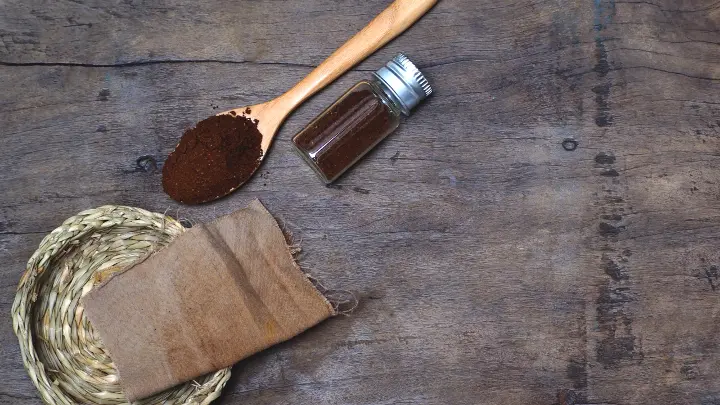What are coffee grounds?
Coffee, the most consumed beverage globally, has benefits beyond your taste buds! If you are part of the coffee-drinking community, you will appreciate the brilliance of the cup of joe beyond its excellent flavor and aromatic nuances.
Coffee grounds, the solid residue that remains coffee beans after a successful brewing process, can be useful in and outside your home. Read on to understand what coffee grounds are and what they are suitable for.
Experience the rich flavors of Kenya Specialty AA today! Order now to elevate your coffee experience and support sustainable farming practices.
Difference between ground coffee and coffee grounds
Don't confuse them! Ground coffee is the finely processed beans used for brewing. It's what you typically buy in a store, ready to be used in your coffee maker or espresso machine.
On the other hand, coffee grounds are the remnants left after brewing. Due to their high nitrogen content and exfoliating properties, they're often used in gardening, composting, or even skincare.
Can coffee grounds be reused?
So, coffee grounds are merely solid residues of coffee beans, but is that all they are? Can coffee grounds be reused? Definitely! When used correctly, coffee grounds can be a cherry on top of a quality cup of joe.
Coffee enthusiasts reuse coffee grounds to enhance composting and gardening operations. It doesn't end there; grounds can be valuable in beauty therapies like DIY treatments and act as cleaning agents.
Are coffee grounds good for plants?
Did you know coffee grounds are rich in potassium, nitrogen, and phosphorous? When used in moderation, coffee grounds contain valuable nutrients that can improve your garden soil.
Mix coffee grounds with organic matter to improve the soil profile of your garden and grow better flowers and vegetables sustainably.
 A coffee lover nurtures their plants by pouring coffee grounds-infused water from a ceramic kettle into a potted plant.
A coffee lover nurtures their plants by pouring coffee grounds-infused water from a ceramic kettle into a potted plant.
Can coffee grounds be used for cooking?
Have you heard of coffee-rubbed meats? While coffee isn’t a typical ingredient in most dishes, chefs often use it to season and spice meats before grilling. Enjoy a “medium rare” culinary application of coffee to your meats today, and enjoy your new recipe!
Do coffee grounds repel pests?
Forget expensive pesticides and insecticides. Coffee grounds can be your ultimate shield from notorious pests and mosquitos. The strong scent of burning coffee grounds repels mosquitos, slugs, snails, and ants.
Tip. Roast a few coffee grounds in a bowl and hush all pests from your precious space!

Harness the power of coffee grounds to keep mosquitoes and other insects at bay.
Do coffee grounds go stale?
Unlike your favorite veggies, fresh coffee grounds may not necessarily go stale in a few hours. However, when stored longer, coffee grounds may grow stale, losing their aroma and flavor. However, stale coffee grounds, such as composting, can still be used for most non-consumable purposes.
Can coffee grounds be harmful to pets?
Caffeine, the natural stimulant in coffee, is often toxic when taken in large amounts by pets such as cats and dogs. While accidental ingestion is often rare, it is advisable to keep coffee grounds away from pets to protect them from caffeine overdose.
Are coffee grounds flammable?
Need the perfect fire starter for your camping adventure? Dry coffee grounds are flammable, making them ideal. However, it is recommended that you accompany them with other fuels to match your needs.
Can coffee grounds be composted?
Want to improve your compost bins? Coffee grounds are rich in nitrogen, which, when added to compost, helps maintain an ideal nitrogen-to-carbon ratio of the pile. However, it is advisable to integrate other organic materials to offset proper decomposition and prevent clumping.

Sustainable gardening in action as a man blends coffee grounds into a compost pit.
Do coffee grounds absorb odors?
Are you tired of foul, unwanted smells? Coffee grounds contain odor-absorbing qualities that improve or maintain freshness in your living space. Thanks to this quality, some DIY air fresheners use coffee grounds to eliminate or absorb foul smells from closets or refrigerators.
Enjoy a beautiful space that always smells fresh using freshener solutions made with coffee grounds.
Are coffee grounds biodegradable?
As you may know, sustainability is the backbone of any economy. Using environmentally friendly solutions is now more crucial than ever, and coffee grounds allow going green. From composting to improving soil quality, coffee grounds provide a biodegradable option that complies with sustainability laws.
Can coffee grounds be used to dye fabric?
DIY enthusiasts have long used coffee grounds for their earthy brown tones. As a natural dye, coffee grounds provide an eco-friendly solution, hence their positive reputation among DIY enthusiasts.
Explore your artistic talents sustainably by using coffee grounds for wonderful brown tones!

Explore the art of natural dyeing with coffee grounds.
Can coffee grounds be used for skincare?
Coffee grounds make a remarkable solution in DIY skincare. Masks and scrubs made of coffee grounds offer exfoliating properties with subsequent antioxidant elements, which are incredibly valuable in beauty therapy. Of course, a therapist using patch tests should recommend their use, as they may be abrasive for some individuals.
Do coffee grounds contain mold?
Generally, coffee grounds are stored in dry, airtight containers to maintain quality over long periods. However, coffee grounds can develop mold like other organic substances when stored in humid or damp spaces. Consider investing in airtight containers for long-lasting, safer solutions to protect mold.
Stock up on convenience and flavor with Solai Coffee 12-pack of Kenya AA K-Pods. Order now and enjoy the smooth taste of premium Kenyan coffee at your fingertips!
Coffee Grounds: Uses and FAQs